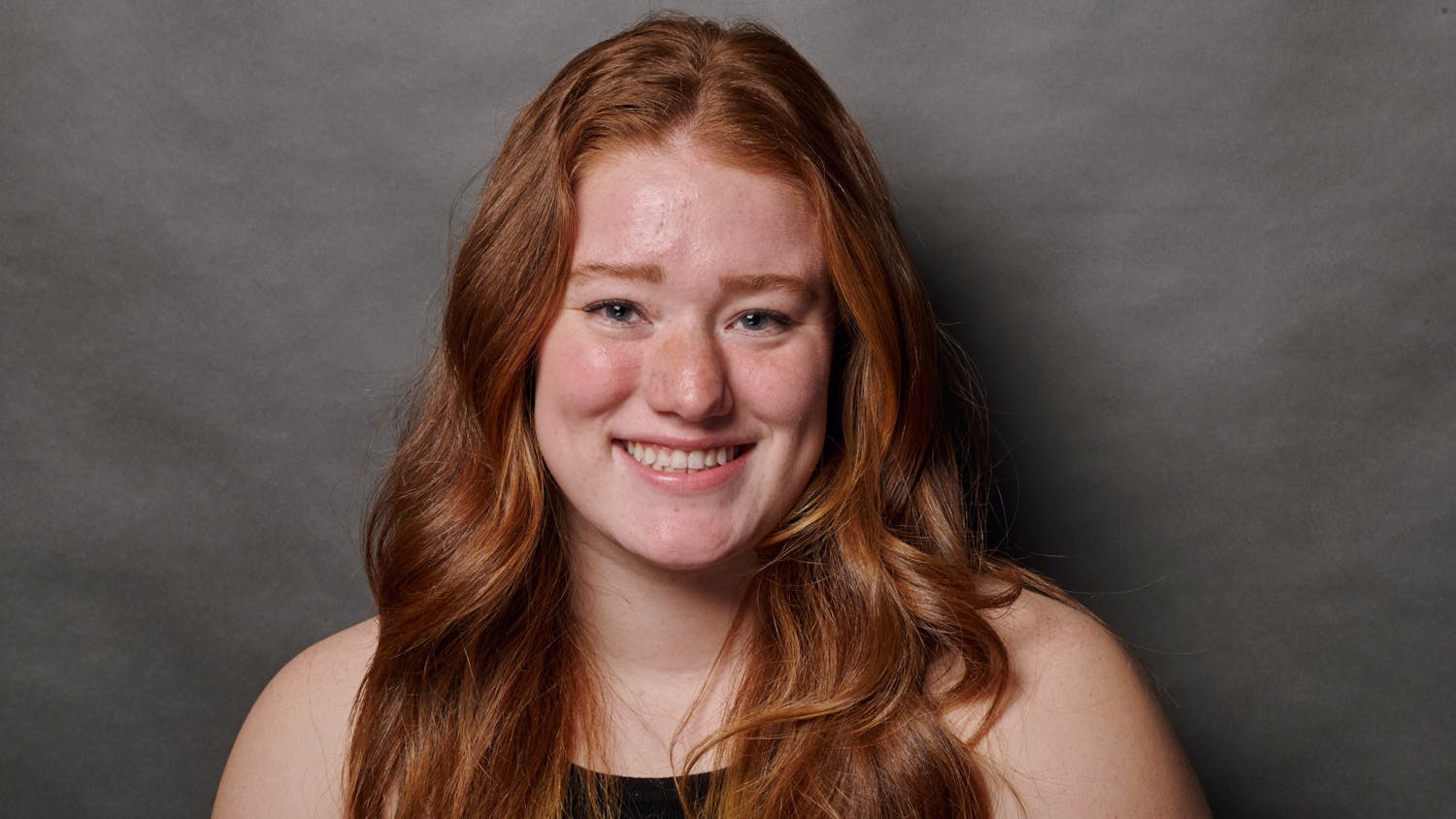Ohio University employee Winsome Chunnu-Brayda recently co-wrote a chapter to an upcoming book, which she also co-edited, about fear of marginalized people and other groups.
Historicizing Fear, scheduled to be released this fall, aims to educate people about the terror created to disenfranchise groups for political use throughout history and in current times.
Chunnu-Brayda, the strategic director for diversity and inclusion and multicultural programs and initiative, said the book is an edited volume of 10 chapters, each written by different academics, herself included. The academics examine fear against marginalized people during different historical periods across the globe. Chunnu-Brayda said the groups mentioned under this label change depending on the focus of the chapter.
“This is nothing new,” she said. “Societies have been using (othering) for centuries.”
Chunnu-Brayda co-edited the volume and co-wrote a chapter with Travis Boyce, associate professor and program coordinator of Africana studies at the University of Northern Colorado. The two have written about similar topics in the past in their piece about a South Carolinian politician whose struggles as a biracial person mimicked those of former President Barack Obama’s. The piece is featured in the book Before Obama: A Reappraisal of Black Reconstruction Era Politicians.
When reading literature about fear and the othering of minorities, Chunnu-Brayda and Boyce tried to figure out which groups were being alienated in the society.
“When we look at fear of the other in American context, race is a big issue,” Boyce said.
Chunnu-Brayda and Boyce began talking about Historicizing Fear in 2015 when they came up with the focus of their chapter. They examine how repercussions of the film The Birth of the Nation can be seen through the continuation of institutional racism, fear of equality and othering of African Americans. Chunnu-Brayda said the film leads viewers to believe black people — especially black politicians — should be feared.
“We deconstruct how that legacy, also 100 years later, is still present in our policies and with the way President Obama was vilified before the election, throughout his entire two terms and is still being vilified even now that he’s out of office,” Chunnu-Brayda said.
Not all of the chapters in Historicizing Fear focus on current events or seemingly political entities: One chapter analyzes white power music.
Some singers speak to their audience of future perils they may face because of immigration. “Their rhetoric and music instills fear of white extinction,” Boyce said. The bands communicate their messages by lowering a listener’s self-esteem and want to make fans believe certain people are at fault for how their lives are turning out.
Chunnu-Brayda said Historicizing Fear is an important read because of its timeliness.
The book includes a chapter on the fear that surfaced during the 2016 presidential election that discusses how President Donald Trump’s comments on minorities should be interpreted and what the slogan “Make America Great Again” really means. Trump’s mantra leads people to believe the United States regressed while Obama was in the White House, and thus the country needs to revert back to conditions from prior to having a black president, Chunnu-Brayda said.
Historicizing Fear also shows how the creation of fear impacts Europe’s refugee crisis and the rise of right-wing nationalism in those countries.
“This has been two years in the making, and we’re so happy that it turned out to be so timely,” Chunnu-Brayda said.






